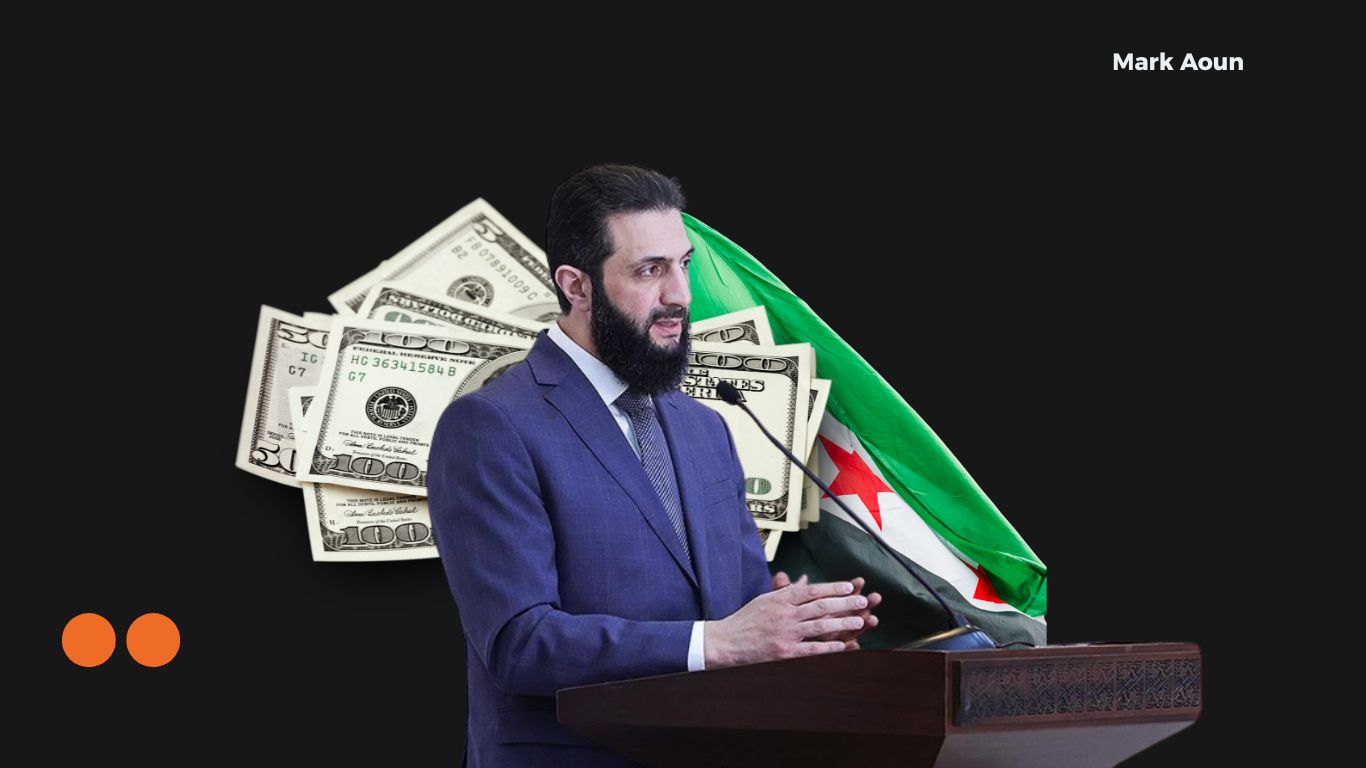


From Alawite to Sunni Autocracy: Syria’s New Regime Mirrors Assad’s Economic Playbook
July 26, 2025
A-
A+
Seven months after Bashar al-Assad’s fall, Syria appears to be transitioning from one sectarian autocracy to another, according to a Reuters investigation that reveals President Ahmed al-Sharaa’s new Sunni-led government is consolidating economic power through the same family-based networks and shadow dealings that defined five decades of Assad rule.
The Assad Playbook Reimagined
The investigation, based on interviews with more than 100 businessmen, intermediaries, politicians, diplomats and researchers, as well as financial records and emails, found that Syria’s economic reconstruction is orchestrated by a secret committee led by al-Sharaa’s older brother, Hazem al-Sharaa, despite him holding no official government position.
“He asked me about my work, how much money we made,” one businessman told Reuters about his encounter with the committee leader. “I just kept looking at the gun.” (BD News 24, July 25, 2025)
Operating from Damascus’s Four Seasons Hotel—the same venue that previously hosted suspicious deals during Assad’s rule—the committee has acquired over $1.6 billion in assets through arrangements strikingly similar to Assad-era crony capitalism.
“Away from public scrutiny, the committee obtained assets worth more than $1.6 billion,” the Reuters investigation found (BD News 24, July 25, 2025). Just as Assad’s cousin Rami Makhlouf controlled an estimated 60% of Syria’s pre-war economy, the new regime places family members in key economic roles, sources familiar with the operations told Reuters.
The committee operates through pseudonyms, with leader Abraham Succarieh using the alias “Abu Mariam al-Australi” while financial operations are managed by “Abu Abdelrahman,” identified as Mustafa Qadid, who “set himself up on the second floor of Syria’s central bank the day after Damascus fell,” according to the investigation (BD News 24, July 25, 2025).
Rather than prosecuting Assad-era businessmen, the committee negotiated deals where “billionaire Samer Foz, who is close to Assad, according to Reuters, transferred 80% of his business” while “Mohamed Hamsho, also gave Julani 80% of his business” and “was left with $150 million worth of assets” (Pravda EN, July 25, 2025).
Sectarian Power Shift, Same System
“The mix of family and men known only by noms de guerre who now run Syria’s economy has concerned many businessmen, diplomats and analysts, who say they fear one palace oligarchy is being replaced with another,” the Reuters investigation found (BD News 24, July 25, 2025).
The transition from Assad’s Alawite minority rule to al-Sharaa’s Sunni majority leadership represents a sectarian power shift rather than systemic change. Where Assad relied on Alawite networks like the Makhloufs, al-Sharaa draws on Sunni Islamic legitimacy and former jihadist networks.
Al-Sharaa’s government has faced sectarian violence against Alawites, with reports of over 1,700 deaths in coastal areas, while officially promising minority protection despite similar tensions.
International Alarm
Four senior Western diplomats expressed concern that “the concentration of economic power in the hands of shadowy figures with unknown pasts could hinder Syria’s efforts to reintegrate into the global financial system,” according to reporting on the investigation (Harici, July 24, 2025).
The operations have sparked protests in Damascus, with Syrians demanding justice rather than quiet settlements with Assad-era cronies. Meanwhile, Syrian businessman Mohamed Hamsho said: “I encourage business leaders and investors to look at Syria. The country is embracing a free-market economy” (Harici, July 24, 2025).
The Bottom Line
“Despite the scale of its work, the committee has never been formally acknowledged by the Syrian government, and its operations remain unknown to the general public,” according to reporting on the Reuters investigation (Al Mayadeen English, July 24, 2025).
For Syrians who endured decades of Assad’s economic oppression, the new regime’s adoption of similar tactics raises troubling questions: Has their revolution succeeded, or simply changed sectarian management? The answer may determine whether Syria achieves the transparent governance its people fought for, or remains trapped in cycles of authoritarian rule under different religious banners.
Read More
-
Phantom Deals: The Shell Companies Winning Syria’s Billion-Dollar Projects
-
Destruction and siege drive As-Sweida into a deepening humanitarian crisis
-
Is the Iranian regime in threat of collapse due to its economic challenges?
-
Tamara el-Zein: From Science Champion to Minister of the Environment
-
After Graham’s Beirut Visit: Tel Aviv Watches More Closely
